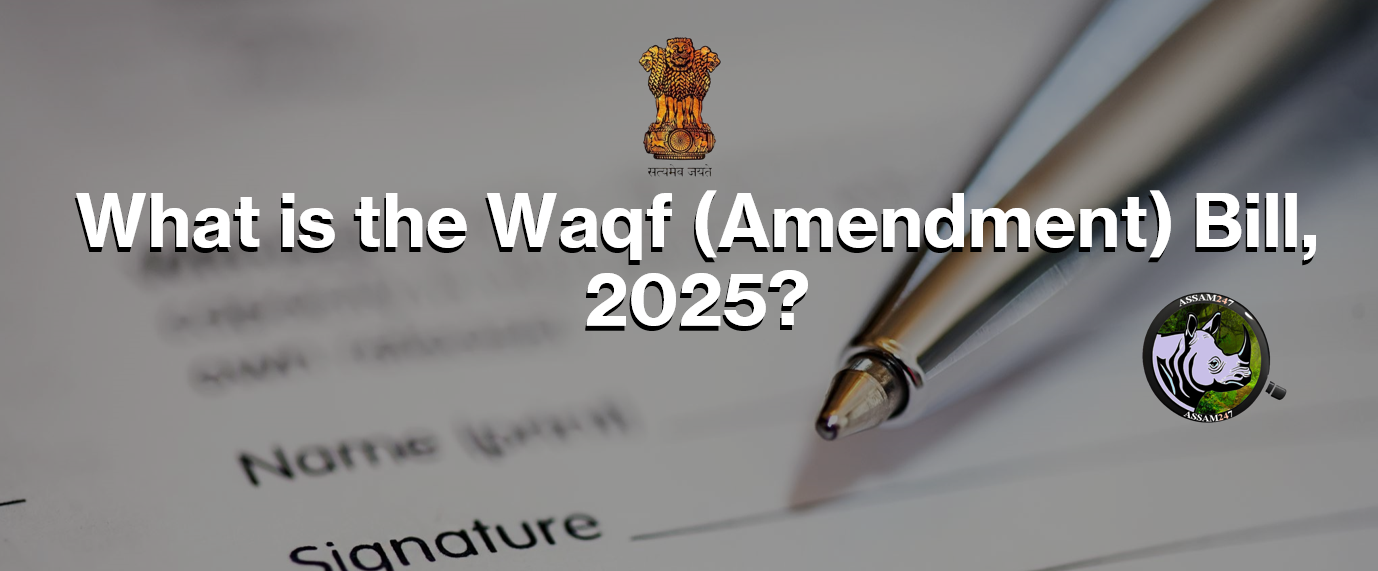Introduction
The Waqf (Amendment) Bill, 2025 is a significant legislative proposal aimed at reforming the administration and governance of Waqf properties in India. Waqf refers to Islamic endowments of property or assets dedicated to religious, charitable, or community purposes. The amendment seeks to address inefficiencies, improve transparency, and enhance the management of Waqf assets, which are estimated to be worth billions of rupees.
What is the Waqf (Amendment) Bill, 2025?
The Waqf (Amendment) Bill, 2025 is proposed legislation designed to amend the Waqf Act, 1995, which governs the administration and regulation of Waqf properties in India. The bill aims to:
- Strengthen oversight of Waqf boards.
- Prevent encroachment and misuse of Waqf properties.
- Enhance transparency in financial dealings.
- Streamline dispute resolution mechanisms.
Why is This Amendment Necessary?
India has over 800,000 registered Waqf properties, making it one of the largest holders of religious and charitable assets in the country. However, issues such as:
- Illegal encroachments
- Mismanagement of funds
- Lack of accountability
- Delayed legal disputes
have plagued the system, necessitating reforms.
Key Provisions of the Waqf (Amendment) Bill, 2025
1. Strengthening Waqf Boards
- The bill proposes stricter qualifications for Waqf board members to ensure expertise in law, finance, and administration.
- Tenure limits may be introduced to prevent prolonged control by a single authority.
2. Digitalization of Waqf Records
- Digitization of Waqf property records to prevent fraud and unauthorized transactions.
- A centralized online database for transparency in management.
3. Enhanced Penalties for Encroachment
- Stricter punishments for illegal occupation of Waqf land.
- Faster eviction processes through special tribunals.
4. Financial Accountability
- Mandatory audits of Waqf boards to prevent fund mismanagement.
- Greater scrutiny of income generated from Waqf properties (rent, leases, etc.).
5. Dispute Resolution Mechanism
- Fast-track courts for Waqf-related disputes to reduce litigation delays.
- Alternative dispute resolution (ADR) methods like mediation.
Potential Benefits of the Amendment
✅ Better Management of Waqf Assets – Ensures properties are used for intended religious and charitable purposes.
✅ Reduced Corruption – Digital records and audits minimize fraudulent activities.
✅ Faster Dispute Resolution – Quicker legal processes for reclaiming encroached lands.
✅ Increased Revenue for Community Welfare – Proper utilization of Waqf funds for education, healthcare, and poverty alleviation.
Controversies and Criticisms
While the bill has been welcomed by many, some concerns include:
- Government Overreach – Fears of excessive state control over Waqf boards.
- Political Interference – Appointments to Waqf boards may become politicized.
- Implementation Challenges – Ensuring digitization and enforcement across states may be difficult.
Conclusion: A Step Towards Better Governance
The Waqf (Amendment) Bill, 2025 represents a crucial effort to modernize and regulate India’s vast Waqf properties. By introducing transparency, accountability, and efficiency, the bill aims to protect these assets for future generations while ensuring they serve their intended charitable purposes.
However, effective implementation and stakeholder cooperation will be key to its success. As the bill progresses, further debates and refinements may shape its final form.
Frequently Asked Questions (FAQs)
Q1. What is a Waqf property?
A Waqf property is a permanent dedication of land or assets for Islamic religious, educational, or charitable purposes.
Q2. Who governs Waqf properties in India?
The Central Waqf Council and state-level Waqf Boards oversee these properties under the Waqf Act, 1995.
Q3. How will the 2025 amendment help in reducing encroachments?
By introducing stricter penalties, fast-track courts, and digital land records, the bill aims to curb illegal occupation.
Q4. Will this amendment affect non-Muslims?
No, the bill specifically deals with Waqf properties and their administration, not private or non-Waqf lands.
Q5. When will the Waqf (Amendment) Bill, 2025 come into effect?
The bill is still under discussion and must pass through Parliamentary approval before becoming law.
Final Thoughts
The Waqf (Amendment) Bill, 2025 is a progressive step toward better governance and accountability in managing religious endowments. If implemented effectively, it could unlock the potential of Waqf assets for broader social and economic benefits.

 Share on WhatsApp
Share on WhatsApp